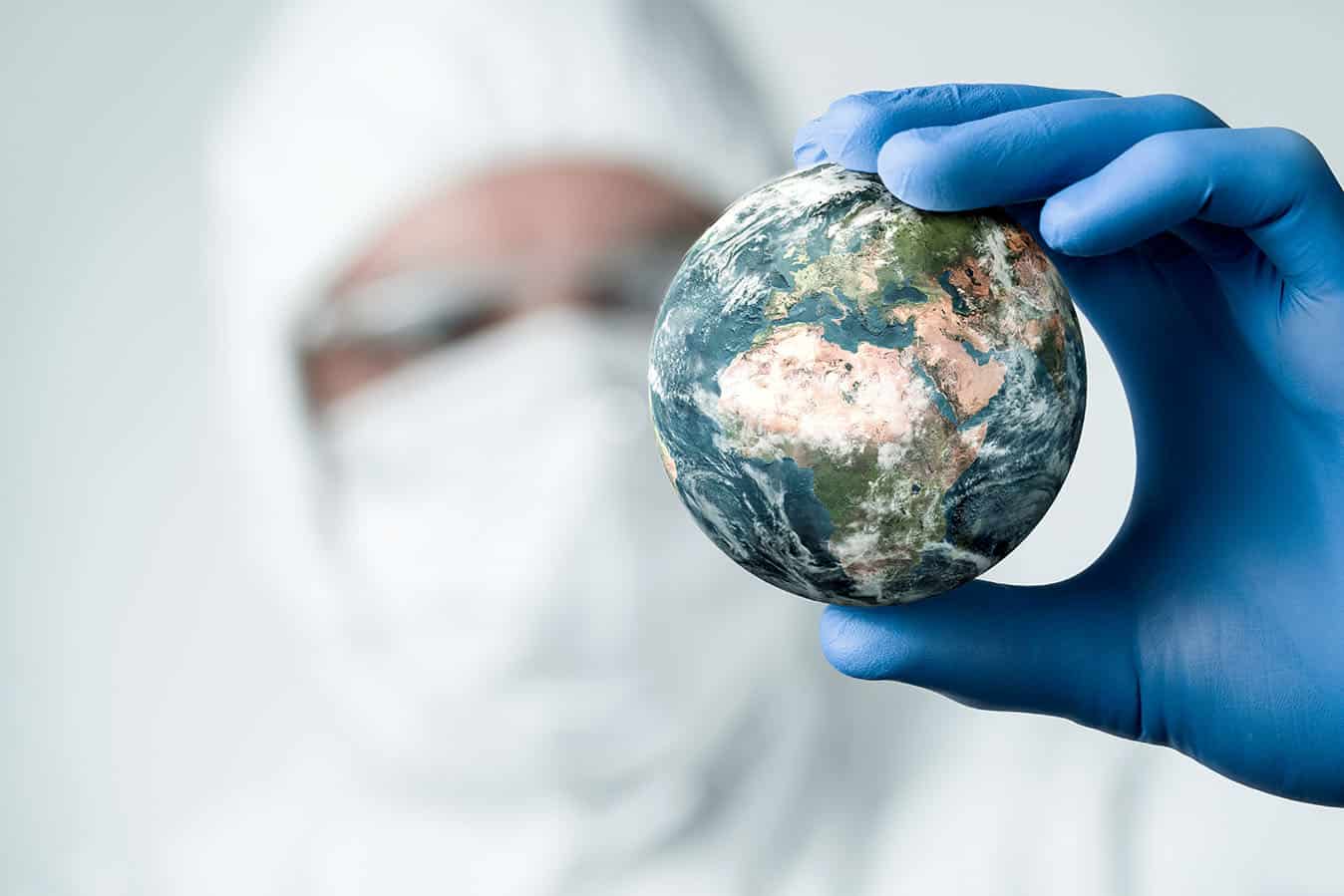It’s tough to be a nurse during the simultaneous health crises we face – the pandemic and climate change. Particularly if you care deeply about these two evolving catastrophes, as I do.
COVID-19
Our science-led policies and geographical isolation have so far mostly mitigated the catastrophe we can see abroad. But I will never forget our collective anxiety as nurses at the start of the pandemic, fearing Australia would follow the fate of other nations.
American ICU nurses shared their experiences online: how they were learning to care for three intubated patients instead of one, or how they had to prioritise their youngest patients to the detriment of others. I spoke with British nurses, who complained about the persistent pressure and discomfort of the tight N95 mask on their faces.
And as Australia slowly opens up in a “COVID-normal world”, nurses are under pressure to adapt to the ever-evolving challenge of COVID-19 and keep our patients and colleagues safe.
Although we too have had to come accustomed to the daily wearing of N95 masks like our international colleagues, we have been fortunate once again that the outbreak has not overwhelmed our hospital system.
Climate change is bad for health
COVID-19 is occurring in our changing climate, a driver of a slew of health risks to which there is no quick vaccine. The pandemic has not distracted me from climate change. In fact, I am more concerned about the climate crisis than ever before.
Because I know what climate change is doing to our health already, and how this will get worse in the decades to come without urgent mitigation and adaptation.
For instance, climate change and the destruction of nature makes pandemics more likely than ever. With deforestation and migration, we constantly encroach on the wilderness. As climate change makes places “unliveable”, this trend will accelerate, and so more diseases, new and old, will get into the human population. Our interconnected world means we can spread it to every corner of the Earth quicker than ever. More malaria, more coronaviruses, more influenza strains.
It’s not just disease. As a nurse, I fully appreciated the health effects of smoke blanketing the country in the 2019-20 bushfire season. The Bushfire Royal Commission found that around 450 people died because of the smoke, in addition to the 33 who lost their lives directly from the fires. More than 3,000 people were admitted to hospital for respiratory illness. Many people were injured defending their homes, while others suffered from PTSD and mental illness. The total health costs of the bushfire smoke alone was approximately $1.95 billion.
We need to clean up our act
I see the paradox in the health sector. Australia’s health sector is responsible for 7% of our national greenhouse gas emissions. If global healthcare was a country it would be the fifth largest emitter on the planet. The healthcare system cannot complain about the effects of climate change on their patients’ health while simultaneously doing nothing to mitigate their carbon footprint.
This mitigation is possible. But only if we alter our systems. Ensure our energy needs are sourced from renewables, electrify our transport, ensure our procurement makes the least impact, reconsider single use.
The importance of hope
I worry about my children’s uncertain future in a warming and post-pandemic world. But despite this, I am determined to have hope. Hope that we can turn this around, that people like us will put pressure on our healthcare systems and governments to act.
The younger generations give me hope. The teenagers and young people who are aware of the problems that climate change brings us, who have taken to the streets to demonstrate, who recognise the need for innovation and systems change. And the amazing climate warriors I have met who advocate tirelessly for change.
We know we cannot afford to give up on this hope.
So hold onto it with me. Our health and our lives depend on it.
Do you want to take action on climate change and make healthcare more sustainable? Check out the RUN project with the Climate and Health Alliance for ways to act.
Author:
Deanna has nursed in Perth, London and Sydney. And is currently a Clinical Nurse Educator in anaesthetics and recovery, educating new graduates and new staff. Deanna also volunteers for Australian Parents for Climate Action, advocating for a safe future for her children and young people everywhere.








